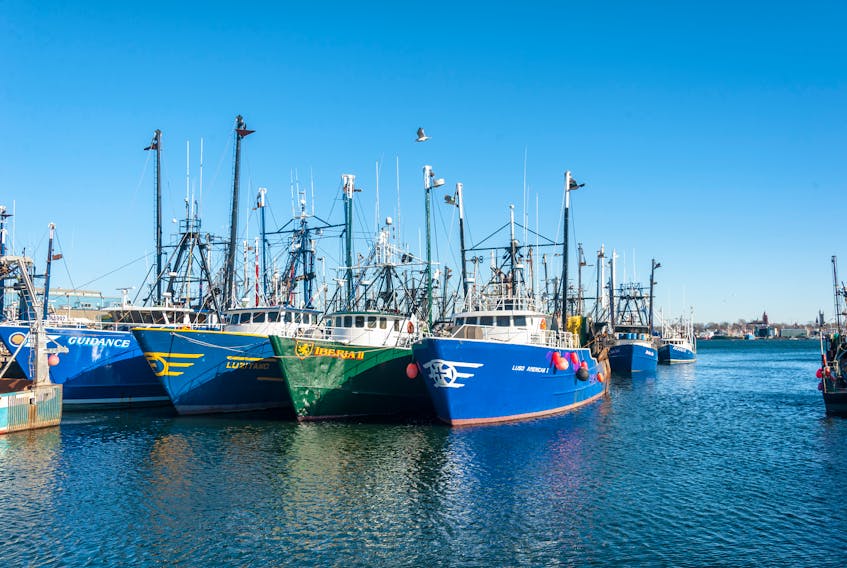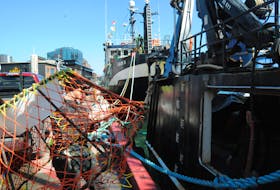A new study says “climate shocks” are reducing fish populations in the North Atlantic region, leading to fewer jobs and lower wages in New England’s fishing sector.
Fishing communities along the northeastern U.S. seaboard have long struggled with warming waters, dwindling fish stocks and rising unemployment.
The research published Monday in the Proceedings of the National Academy of Sciences is the first to directly link climate change with declining fishing jobs.
It found that climate fluctuations caused a 16 per cent drop in fisheries employment in New England from 1996 to 2017.
The findings suggest Atlantic Canada’s fisheries could also potentially experience increasing variability in fish stocks, revenue and employment due to climate change in the coming years.
Possible rise before the fall

Kimberly Oremus, the study’s author and an assistant professor at the University of Delaware, said further research is needed to measure what potential impact climate change will have on Atlantic Canada’s fishing jobs.
She said it’s possible the region’s fish stocks – and fish harvesting jobs – could see some gains initially, but that with continued warming the longer-term impact could shift again.
“Even if you get some better boom years, you might get some really bad bust years as well,” said Oremus, adding that extreme weather related to climate change could lead to more volatility in fishing sector employment.
Those extremes will make it harder for fish harvesters to make a reliable living from year-to-year, she said.
“If they have really good years and really bad years, they would have to be very savvy on how to save money to carry them over those bad years,” Oremus said.
She said fisheries management will have to be more dynamic to respond to fluctuations in fish populations.
Time to start cross-border cooperation: prof

In addition, Oremus said given fish populations may become more unpredictable, Canadian and U.S. fisheries managers should work together to ensure sustainable harvesting.
“Since stocks are moving back and forth across the border … Canada and the U.S. will really need to co-manage those stocks well,” she said.
The new research adds to the mounting number of scientific publications warning about the impacts of climate change on the ocean.
A UN-backed panel of experts released a study earlier this fall that said marine life will suffer if carbon emissions are not reduced dramatically.
The IPCC Special Report on the Ocean and Cryosphere in a Changing Climate found that an excess of atmospheric carbon is rapidly warming the oceans, putting marine species, ocean ecosystems and coastal communities at risk.
Earlier this year, Fisheries and Oceans Canada issued the department’s first Atlantic Ocean status report.
It said warming waters are causing reduced sea ice, rising sea levels, changes to ocean currents, shifts in marine habitats and more acidic water.
The report said the changes are having serious impacts on shellfish, fish, marine mammals and seabirds.
Want to join the conversation? Comments are open on this article at SaltWire.com
RELATED:









